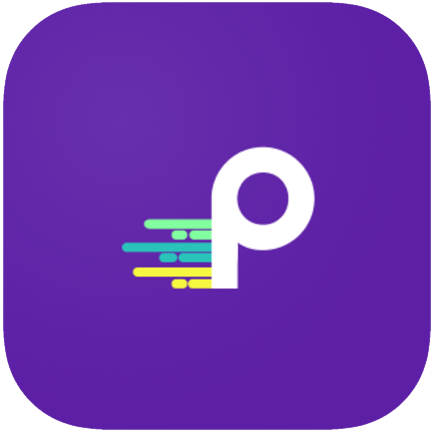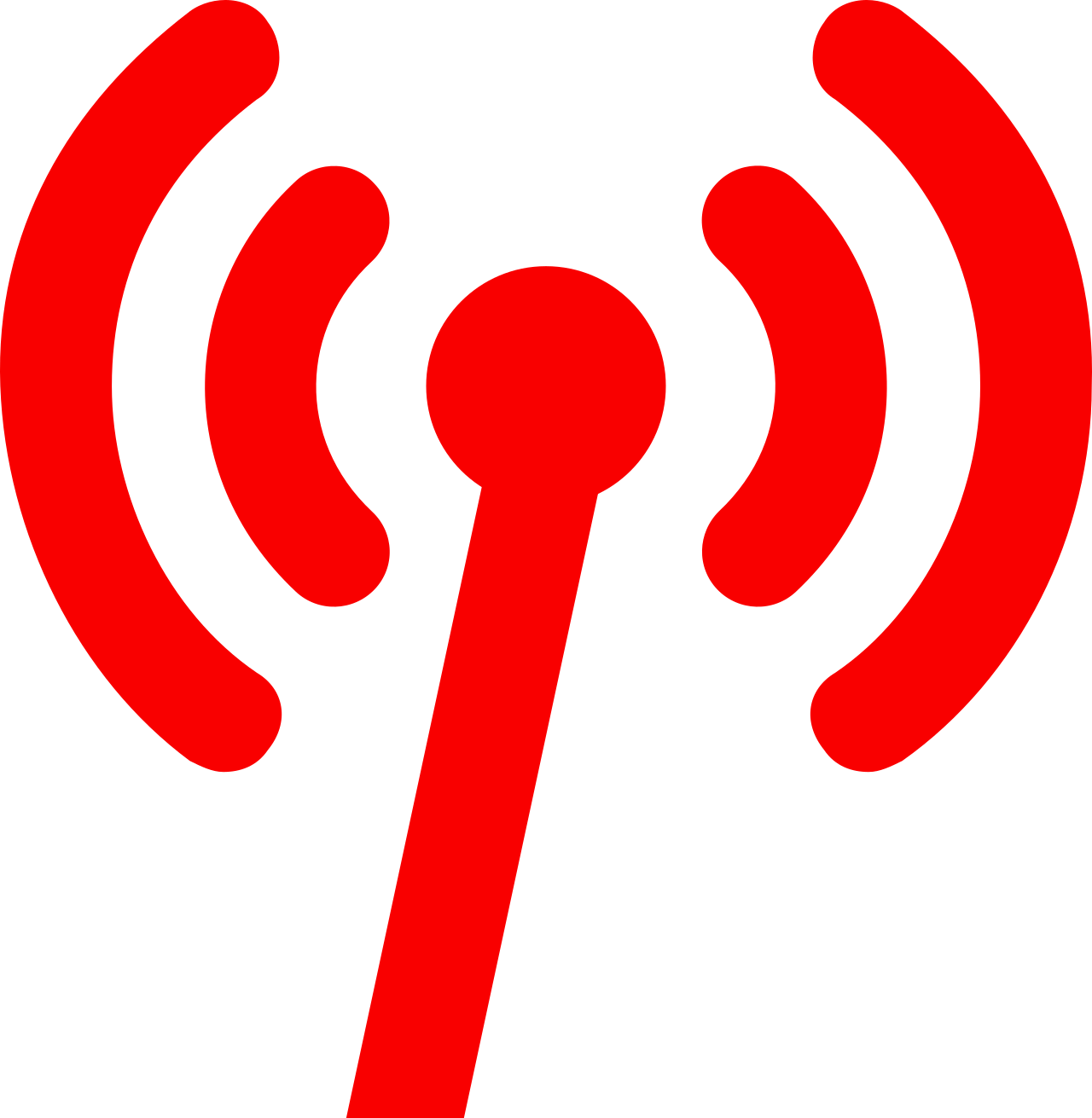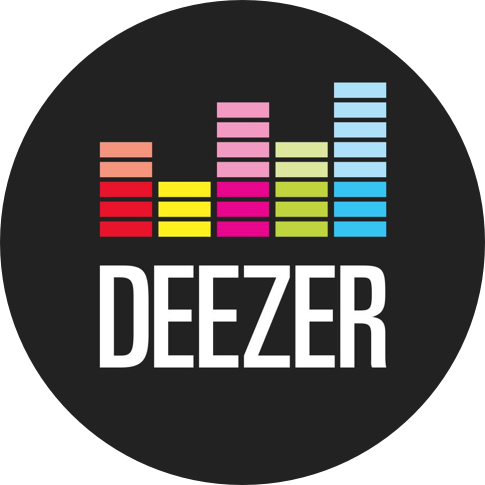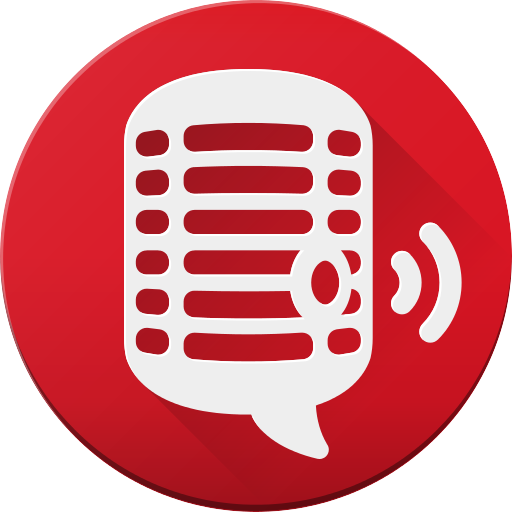
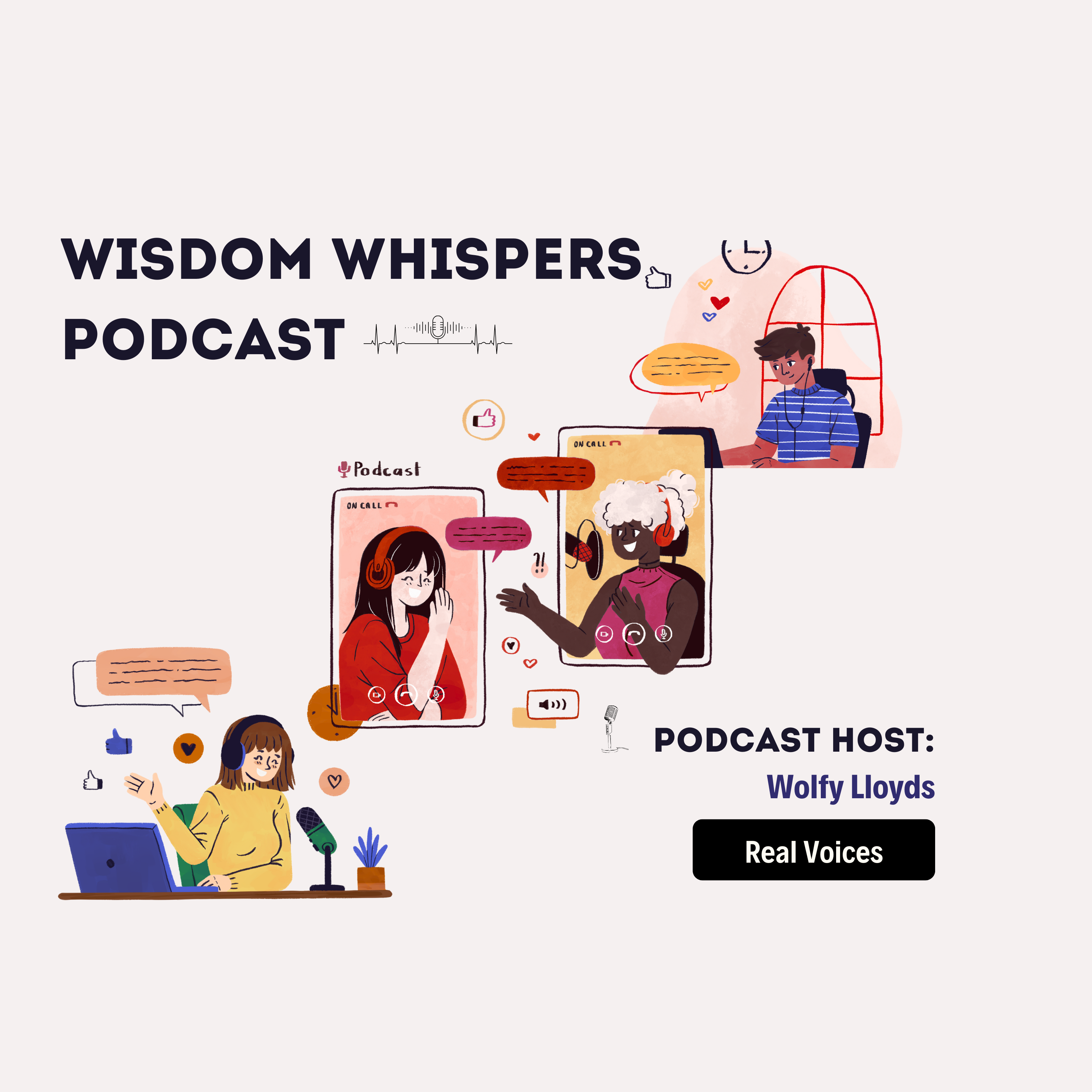
Unlocking the Mysteries of ADHD & Autism: A Deep Dive into Neurodiversity
Suited Tutor Podcast
| Wolfy Lloyds | Rating 0 (0) (0) |
| https://suitedtutor.com | Launched: Sep 06, 2024 |
| care@suitedtutor.com | Season: 1 Episode: 3 |
Here are some reliable and credible resources for prospective users to learn more about ADHD, Autism, and Neurodiversity, in conjunction with the help of Suited Tutor's academic consultants:
ADHD Resources:
-
CHADD (Children and Adults with Attention-Deficit/Hyperactivity Disorder)
Website: https://chadd.org
CHADD is a leading nonprofit organization offering resources, support groups, and educational materials for individuals with ADHD and their families. -
ADDA (Attention Deficit Disorder Association)
Website: https://add.org
ADDA focuses on providing resources, tools, and support for adults with ADHD, including webinars, articles, and peer support groups. -
National Institute of Mental Health (NIMH)
Website: https://www.nimh.nih.gov/health/topics/attention-deficit-hyperactivity-disorder-adhd
NIMH offers scientifically-backed information about ADHD, symptoms, treatment options, and ongoing research.
Autism Resources:
-
Autism Speaks
Website: https://www.autismspeaks.org
Autism Speaks is a prominent autism advocacy organization offering resources, toolkits, and information for individuals with autism, their families, and educators. -
The National Autistic Society (UK)
Website: https://www.autism.org.uk
This UK-based organization provides extensive resources, including information on diagnosis, living with autism, and support services. -
Autistic Self Advocacy Network (ASAN)
Website: https://autisticadvocacy.org
ASAN is an organization run by and for individuals with autism. It promotes neurodiversity, self-advocacy, and provides valuable resources for understanding autism from the perspective of those with lived experience.
Neurodiversity Resources:
-
Neurodiversity Hub
Website: https://www.neurodiversityhub.org
A resource platform that provides support for neurodiverse individuals, including those with ADHD, autism, dyslexia, and other cognitive differences. It focuses on promoting inclusivity in education and employment. -
Harvard Health Publishing: Neurodiversity
Website: https://www.health.harvard.edu/blog/what-is-neurodiversity-202111232645
This article provides a thorough explanation of neurodiversity, its impact, and how it affects people with conditions like ADHD and autism. -
Neurodiversity in the Workplace (The NeuroLeadership Institute)
Website: https://hub.neuroleadership.com/season-8-episode-04-0
This site offers valuable information about fostering a neurodiverse workplace and the benefits of accommodating neurodiverse individuals.
Here are some reliable and credible resources for prospective users to learn more about ADHD, Autism, and Neurodiversity, in conjunction with the help of Suited Tutor's academic consultants:
ADHD Resources:
-
CHADD (Children and Adults with Attention-Deficit/Hyperactivity Disorder)
Website: https://chadd.org
CHADD is a leading nonprofit organization offering resources, support groups, and educational materials for individuals with ADHD and their families. -
ADDA (Attention Deficit Disorder Association)
Website: https://add.org
ADDA focuses on providing resources, tools, and support for adults with ADHD, including webinars, articles, and peer support groups. -
National Institute of Mental Health (NIMH)
Website: https://www.nimh.nih.gov/health/topics/attention-deficit-hyperactivity-disorder-adhd
NIMH offers scientifically-backed information about ADHD, symptoms, treatment options, and ongoing research.
Autism Resources:
-
Autism Speaks
Website: https://www.autismspeaks.org
Autism Speaks is a prominent autism advocacy organization offering resources, toolkits, and information for individuals with autism, their families, and educators. -
The National Autistic Society (UK)
Website: https://www.autism.org.uk
This UK-based organization provides extensive resources, including information on diagnosis, living with autism, and support services. -
Autistic Self Advocacy Network (ASAN)
Website: https://autisticadvocacy.org
ASAN is an organization run by and for individuals with autism. It promotes neurodiversity, self-advocacy, and provides valuable resources for understanding autism from the perspective of those with lived experience.
Neurodiversity Resources:
-
Neurodiversity Hub
Website: https://www.neurodiversityhub.org
A resource platform that provides support for neurodiverse individuals, including those with ADHD, autism, dyslexia, and other cognitive differences. It focuses on promoting inclusivity in education and employment. -
Harvard Health Publishing: Neurodiversity
Website: https://www.health.harvard.edu/blog/what-is-neurodiversity-202111232645
This article provides a thorough explanation of neurodiversity, its impact, and how it affects people with conditions like ADHD and autism. -
Neurodiversity in the Workplace (The NeuroLeadership Institute)
Website: https://hub.neuroleadership.com/season-8-episode-04-0
This site offers valuable information about fostering a neurodiverse workplace and the benefits of accommodating neurodiverse individuals.
Podcast Synopsis
- Title: Unlocking the Mysteries of ADHD & Autism: A Deep Dive into Neurodiversity
- Name: Wisdom Whispers
- Host: Wolfy Lloyds
- Guest: Leigh-Ann Cooke, Social Care Expert
Episode Description
Welcome back to another exciting episode of Wisdom Whispers! In today’s episode, we dive deep into understanding two often misunderstood neurodevelopmental conditions: ADHD and Autism. Join your host, Wolfy Lloyds, as he sits down with the brilliant Leigh-Ann, a seasoned social care expert, to unravel the mysteries behind these conditions and what it means to live as a neurodivergent individual.
We explore everything from the basic definitions of ADHD and Autism, their impact on daily life, and the crucial differences between neurodivergent and neurotypical brain functions. Leigh-Ann provides practical strategies for managing these conditions, whether you're dealing with challenges in focus, social interaction, or routine-building. Plus, we dive into some game-changing tools and resources—like time management apps and sensory aids—that can make a world of difference!
In This Episode, We Discuss
- What ADHD and Autism are and how they differ
- How do neurodivergent brains function compared to neurotypical brains
- Practical strategies and tools to manage ADHD and Autism in daily life
- The importance of person-first and identity-first language in respecting an individual’s identity
- Shared traits between ADHD and Autism, and the unique journey of each person with these conditions
Whether you’re someone navigating ADHD or Autism or know someone who is, this episode is packed with valuable information, tips, and insights to help you better understand and support those around you.
Relevant Resources
So, grab a pen and paper (just like in the old days!), and get ready to take some notes - you won’t want to miss a single detail of this enlightening discussion!
Tune in, learn, and let’s embrace neurodiversity together!
We are Social
You can also follow us on:
Welcome back to another enlightening episode of Wisdom Wishpers.
Okay, this person definitely doesn't like singing.
That's why they like whispering.
Who knows, right?
Who knows?
I am your host, the one and only
Wolfy Lloyds.
And today we have a fascinating topic to explore
and also discuss.
Righttt... speaking of fascinating topics?
The one and the most incredible person I have ever met.
Her name is Leigh-AnnCook.
A subject matter expert in social care is here to enlighten us
about the ADHD and also autism differences.
Leigh-Ann, honestly, welcome onboard and to the show!
Hi, Wolfie.
Thank you so much for having me.
It's so exciting to be here
and to share some valuable information with your listeners.
Ah, okay, now I'm getting hyped.
I'm getting hyped, Leigh-Ann.
That's fantastic.
So let's get right into it.
So, Leigh-Ann
can you start by giving us a small tiny overview
of ADHD and autism in layman's terms for people like myself
who are not very familiar with those concepts?
So we can understand what are these conditions exactly
and how are they different to each other?
Absolutely, yeah.
ADHD or attention deficit hyperactivity disorder
is a condition that's characterised by the system patterns
of inattention, hyperactivity and impulsivity.
Autism on the other hand is a spectrum disorder
that affects social communication and behavior.
Whilst both of them are neurodevelopmental disorders,
they manifest really differently.
Individuals with autism more commonly experience
repetitive behaviours and a need for reasoning.
Okay, now, Leigh-Ann, this is completely out of topic.
Just because now being inquisitive...
is it something that you are being born with?
or is it something that you could potentially cultivate
or perhaps manifest throughout your years
being a teenager, child or even adult?
Could you please shed some more light, Leigh-Ann?
So, yeah, it has been found that people can be born with ADHD.
But what we do tend to find is that it's often diagnosed
at either school A, where we'll get the typical
out-the-child that causes us to be classed
or later on in life.
When, as an adult, you've now struggled with the condition
for so many years and you've got to seek help
via experience and new symptoms
and they come to realise that you've had ADHD all along.
Okay, okay.
I mean, that's hopefully something that definitely
provides more insights.
Now, there was a quite fancy term, Leigh-Ann.
You mentioned the term neurodevelopment.
Could you please break it down a bit more
and tell us what it means and how it relates
to neurodivergent or perhaps any of your typical brain functions
so that people will be able to get a bit of a better
overview and picture.
Another one we're getting for Snapchat and Instagram,
obviously not, but the other kind of picture.
Yeah, coming over to you right now.
Of course.
The neurodevelopment disorder sort is our conditions
that affect the development of the nervous system.
The term neurodivergent basically refers to individuals
whose neurological development and functioning are different
from what's considered typical or neuro-typical.
So in essence, the neurodivergent brain,
like those with ADHD and autism,
process information differently.
So we can almost imagine that they're on a different
operating system if you like.
And they see the world in a new way.
So this in itself could be challenging and advantageous.
However, it's important to remember that these symptoms
manifest differently for everybody
and the conditions of experience very, very differently.
So it's important to learn about the individual's
unique experiences and preferences,
especially in relation to how they're referred to.
This is commonly known as a person-first
or identity-first language.
Okay, I mean, that sheds some more light
towards this colourful case.
And it's made more sense, thanks, Leigh-Ann.
Now, okay, I will try to get some more
towards the nitty gritty components
of the brain functions towards the daily life scenarios
for someone having this ADHD or Autism concept.
So how do these differences actually affect us
during our daily activities, Leigh-Ann?
That's a really good question.
But for someone with ADHD,
you might find that they struggle with staying focused,
being organised, or sitting still for long periods.
Meanwhile, someone with autism might find
social interactions really challenging.
They also might have specific routines
that they adhere to, or have heightened sensitivity
to sensory inputs such as light and sounds.
So these characteristics can influence everything
from school work, to personal relationships.
And it's important to note that there are some
overlapping traits and symptoms across the two.
Okay, that's a bit more comprehensive,
at least from my side.
Please, note, please note, everyone.
If anyone has got any follow-up questions,
Leigh-Ann will be more than happy to be able to follow up
and dive into how you to tackle every single one of them effectively.
Of course, we're not talking about the rugby tackle,
obviously, but again, I think Leigh-Ann is a pro regardless.
So for our listeners,
now, Leigh-Ann, who might be wondering,
contemplating like philosophers...
Are there any specific hints,
or perhaps any strategies that we can actually embrace
to be able to manage these conditions?
What do you think, Leigh-Ann, from your perspective?
So they definitely are.
For ADHD, strategies like breaking down tasks into smaller steps,
using reminders, setting up a structured environment,
or even game-ifying tasks, can be really helpful.
So, game-ifying tasks simply means applying the typical elements
of game playing, such as point scoring or rules of play,
to other areas or activities that encourage participation.
So, when we think about this,
we need to consider how we all quite like a reward,
and a reward can be a game-changer.
So using them can be highly encouraged.
And then for autism,
creating predictable routines using visual aids,
and having crayon-consistent communication
can really make a big difference.
But it's all about finding out what works for that individual.
Okay.
Okay, Leigh-Ann, speaking of rewards,
for those who have a particular sweet tooth.
Okay, I'm pleading guilty - your honour, I'm pleading guilty.
Could providing any treats be classified as a reward, Leigh-Ann,
for ADHD, individuals and strategies, like you mentioned, for rewards?
It's certainly good, yeah.
I think with rewards, try not to use sweet-based rewards
as the sole...
Leigh-Ann.
Okay, okay, continue that story.
But. be mindful of how many sweets were eaten up
Okay, okay.
So, everyone, basically, Leigh-Ass was trying to suggest was to be mindful
because we don't want to pay too many visits to the dentist.
I guess, I guess..
Okay, well, everyone else, please be mindful.
Thanks, Leigh-Ann
Okay.
So, are there any tools or any resources
or perhaps any guidelines that can support individuals
with ADHD or autism, then, Leigh-Ann?
Yeah, there's loads of tools available.
So, for ADHD, you have apps for assisted time management that
give reminders, and help with organization.
And it's not that these can be an absolute lifesaver.
Because they help to reduce the mental load and executive functioning
that's required.
Whereas for autism, there are apps that help with things
that are called social stories, also communication,
and sensory processing.
In addition to all of this, things such as occupational therapy,
behavioural therapy and support groups can be incredibly beneficial.
But as long as the approach is relevant to the individual's need level,
they should experience some alleviation of the challenging aspects
of their condition.
Please note everyone.
We are going as well to include more information based on Leigh-Anns
advice and suggestions.
So, you could actually access all of the informative resources
or perhaps self-learning applications so that you will be able to get more informed
and try as well to help anyone that is quite dear and beloved to yourself.
On that note, so, I think, Leigh-Ann, we're getting there, we're getting there.
So, before we try to wrap it up
is there anything specifically you'd like to share with the audience?
Any messages?
Now, the messages could be SMS, it could be MMS, it could be pretty much...
Anything, Leigh-Ann, you'd like to share with the rest of us.
So, we will be able to navigate all those conditions
or perhaps anyone will be able to get some help from that.
What would you suggest?
Any last hints or tips you would share, Leigh-Ann?
So, I think I'd like to say that people with ADHD and autism
are simply just experiencing the world in a different way to us.
But it's important to approach these conditions with understanding and compassion.
Everyone's journey is unique, and with the right support,
these individuals can thrive and live fulfilling lives.
But, unfortunately, they do face a lot of stigma.
Some of us might have seen that there's an increase in ADHD information in the workplace
and it's a topic that's being explored a lot more.
So, I think if we all try to learn as much as we can,
we'll find that we can work and live alongside each other with a lot more ease and happiness.
Aww, beautifully said Leigh-Ann.
Honestly, thank you so much for sharing your time,
your experience and your expertise with us today, Leigh-Ann.
I am really grateful, as well as the rest of us.
And from this insightful session, I'm pretty sure that all of the listeners
would be having their interest picked.
That's what I'm trying to think.
So, thank you for having us here, Leigh-Ann.
Thank you so much for having me.
It's been an absolute pleasure.
So, to all of our amazing listeners, hopefully, none of you feel sleepy or snoring
Either way, we'll come after you know, we'll wake you up for sure.
Don't forget to subscribe and stay tuned for more insightful episodes from Wisdom Whispers.
Until next time, everyone, au revoir.
Bye bye.

